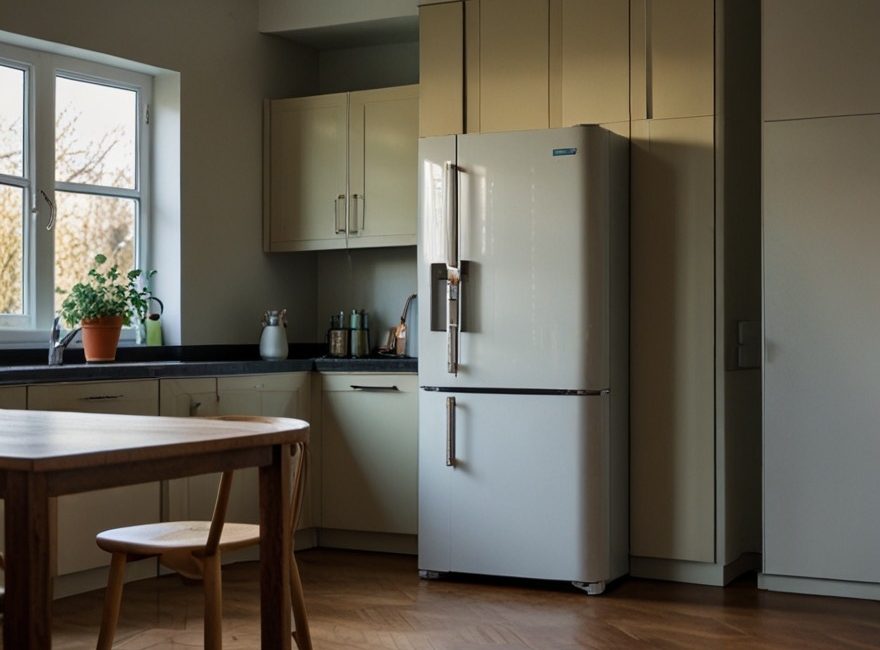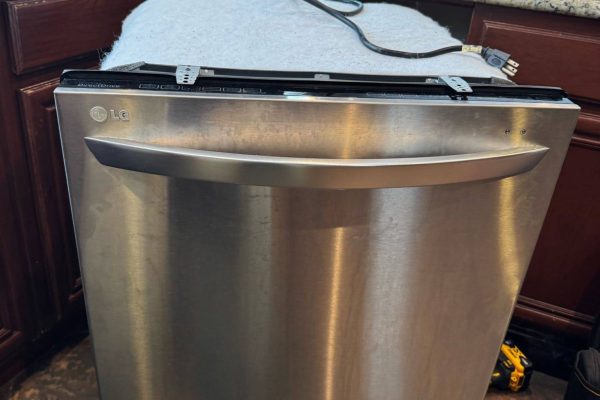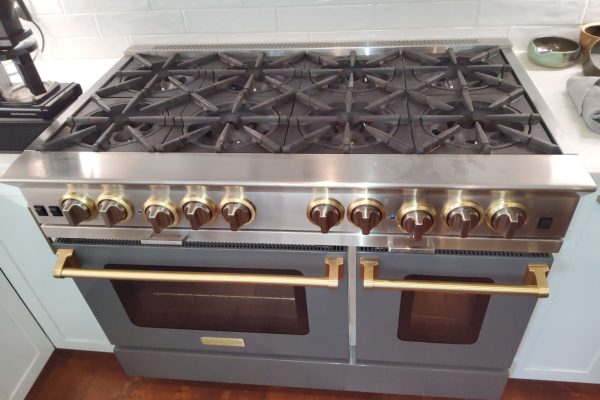Refrigerators are essential appliances in any household, providing the much-needed function of preserving food. However, like any complex electrical system, they can encounter issues that disrupt their performance. One such common issue is poor contact in the refrigerator’s electrical system. This problem can lead to inconsistent cooling, fluctuating temperatures, or even a complete breakdown of the appliance. Understanding the symptoms, causes, and solutions related to poor electrical contact can help you address the issue promptly and effectively.
Symptoms of Poor Electrical Contact
Poor electrical contact in a refrigerator can manifest in various ways. Some common symptoms include:
⠀
- Intermittent Cooling: You may notice that your refrigerator occasionally stops cooling or fails to maintain a consistent temperature. This irregularity often points to an unstable electrical connection.
⠀
- Lights Flickering or Not Turning On: The interior light of your fridge may flicker or not turn on when the door is opened. This can be an indicator that electricity is not flowing consistently through the system.
⠀
- Unusual Noises: If you hear strange buzzing, clicking, or humming sounds, it could be due to electrical components receiving insufficient power or faulty wiring connections.
⠀
- Faulty Display Panels: If your refrigerator is equipped with a digital display or control panel, poor electrical contact might cause the panel to malfunction or show incorrect readings.
⠀
- Unresponsive Buttons or Controls: Difficulty adjusting temperature settings or other controls can signal an underlying electrical issue.
⠀
Recognizing these symptoms early can help you prevent further damage to the appliance and avoid costly repairs.
⠀
Causes of Poor Electrical Contact
⠀
Several factors can lead to poor electrical contact in a refrigerator’s system:
⠀
- Loose Connections: Over time, the electrical wires and connectors in a refrigerator can loosen due to vibration or wear and tear. Loose connections disrupt the smooth flow of electricity, leading to erratic performance.
⠀
- Corrosion: Electrical contacts can corrode over time due to moisture, resulting in poor conductivity. Corrosion is a common issue in areas with high humidity levels, where moisture can penetrate the internal components.
⠀
- Faulty Wiring: Worn-out or damaged wires are a major cause of electrical issues. Exposure to heat, rodents, or simple aging can cause the insulation around wires to break down, leading to shorts or unstable connections.
⠀
- Damaged Plugs or Outlets: Sometimes, the issue lies outside the refrigerator itself. A worn or loose plug, a faulty outlet, or a tripped circuit breaker can create inconsistent power supply to the refrigerator, leading to poor contact.
⠀
- Component Wear: Refrigerators are made up of various electrical components like relays, switches, and compressors. When any of these components experience wear and tear, it can impact the electrical flow.
⠀
Consequences of Ignoring Poor Electrical Contact
⠀
Ignoring poor electrical contact can result in several negative outcomes:
⠀
- Higher Energy Bills: When the electrical system doesn’t function efficiently, the refrigerator may consume more energy trying to maintain optimal performance, leading to higher utility bills.
⠀
- Food Spoilage: Inconsistent cooling caused by poor electrical contact can result in fluctuating temperatures, which is detrimental to food safety and preservation.
⠀
- Compressor Damage: The compressor is one of the most vital and expensive components of your refrigerator. Poor electrical contact can cause the compressor to work harder, leading to premature wear or failure.
⠀
- Complete Appliance Failure: In extreme cases, neglecting the issue could lead to a complete breakdown of the refrigerator, requiring extensive repairs or replacement.
Diagnosing and Fixing the Issue
⠀
Addressing poor electrical contact in a refrigerator requires a methodical approach:
⠀
- Check the Plug and Outlet: Ensure that the refrigerator’s plug is securely connected and that the outlet is functioning correctly. A multimeter can be used to test the outlet for consistent voltage.
⠀
- Inspect the Wiring: Open the back panel of the refrigerator to inspect the internal wiring. Look for loose connections, corroded contacts, or damaged wires. If you spot any issues, it’s advisable to contact a professional for repairs.
⠀
- Test the Components: Use a multimeter to test the various components like the relay switch, control board, and compressor. If any component is malfunctioning due to poor electrical contact, it may need to be repaired or replaced.
⠀
- Call a Professional Technician: Electrical repairs in a refrigerator can be complicated and dangerous. If you’re unsure about diagnosing or fixing the issue, it’s best to call a professional technician to avoid risks.
⠀
Preventive Measures
⠀
To minimize the chances of poor electrical contact in your refrigerator, consider these preventive measures:
⠀
- Regular Maintenance: Periodically inspect and clean the internal components of your refrigerator to prevent dirt, dust, or corrosion buildup.
⠀
- Secure Connections: Ensure that all electrical connections are tightly secured during routine maintenance. Loose connections are a primary cause of poor contact.
⠀
- Keep Moisture at Bay: Moisture is a major contributor to corrosion. Try to keep the area around your refrigerator dry and consider using a dehumidifier if you live in a humid environment.
⠀
- Professional Check-Ups: Schedule routine check-ups with a qualified appliance repair service to keep your refrigerator running smoothly.
Poor electrical contact in a refrigerator can lead to a range of issues, from inconsistent cooling to complete system failure. By recognizing the symptoms and addressing the root causes promptly, you can prevent serious damage and ensure your appliance remains in top condition. If you encounter electrical problems with your refrigerator, trust the professionals at Oceanside Appliance Service Center to diagnose and fix the issue quickly and efficiently. Our team of experienced technicians is just a call away. Contact us today to schedule a service appointment and keep your refrigerator running at its best!
Contact us


